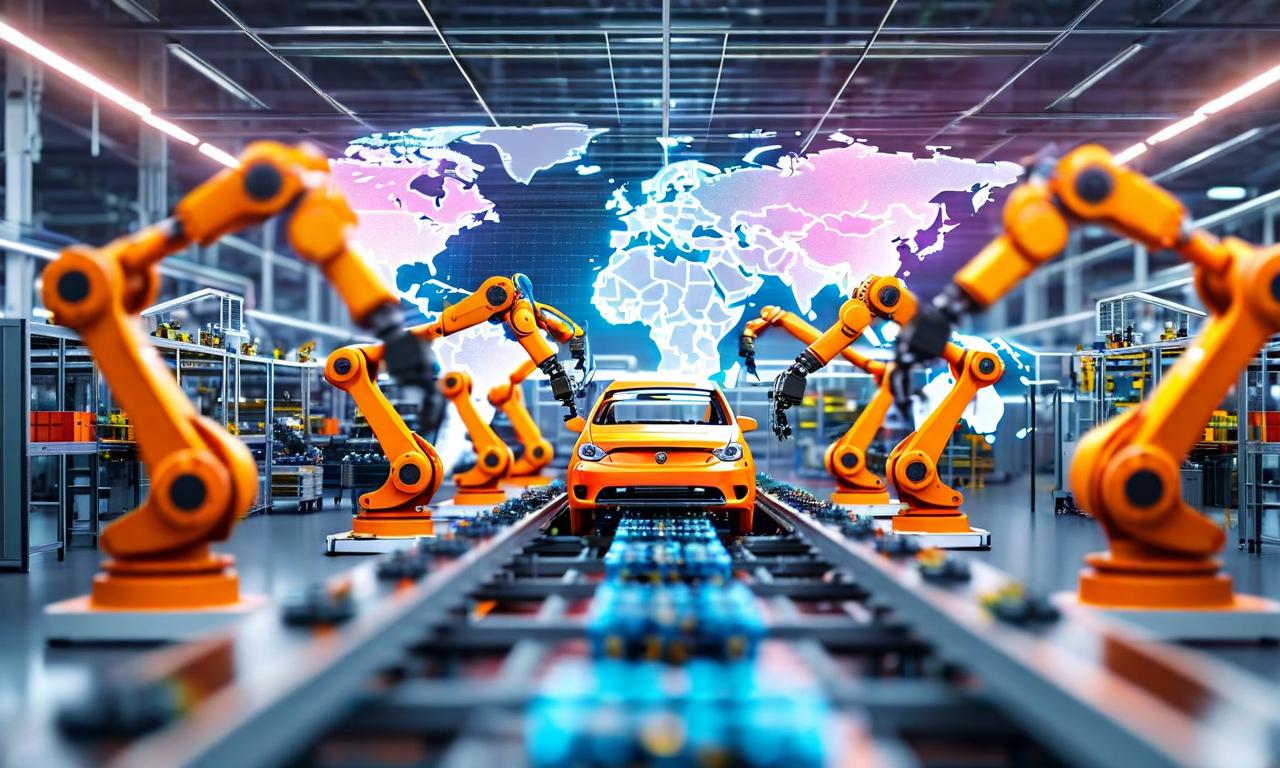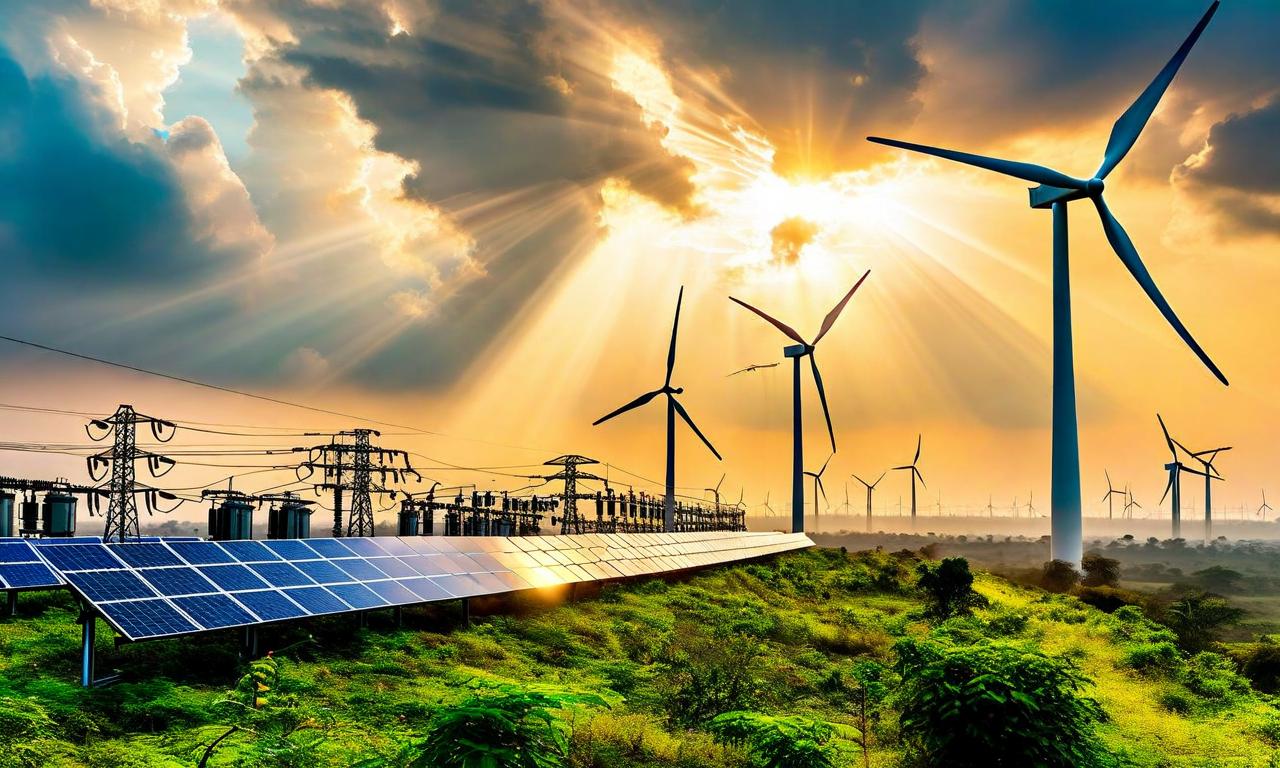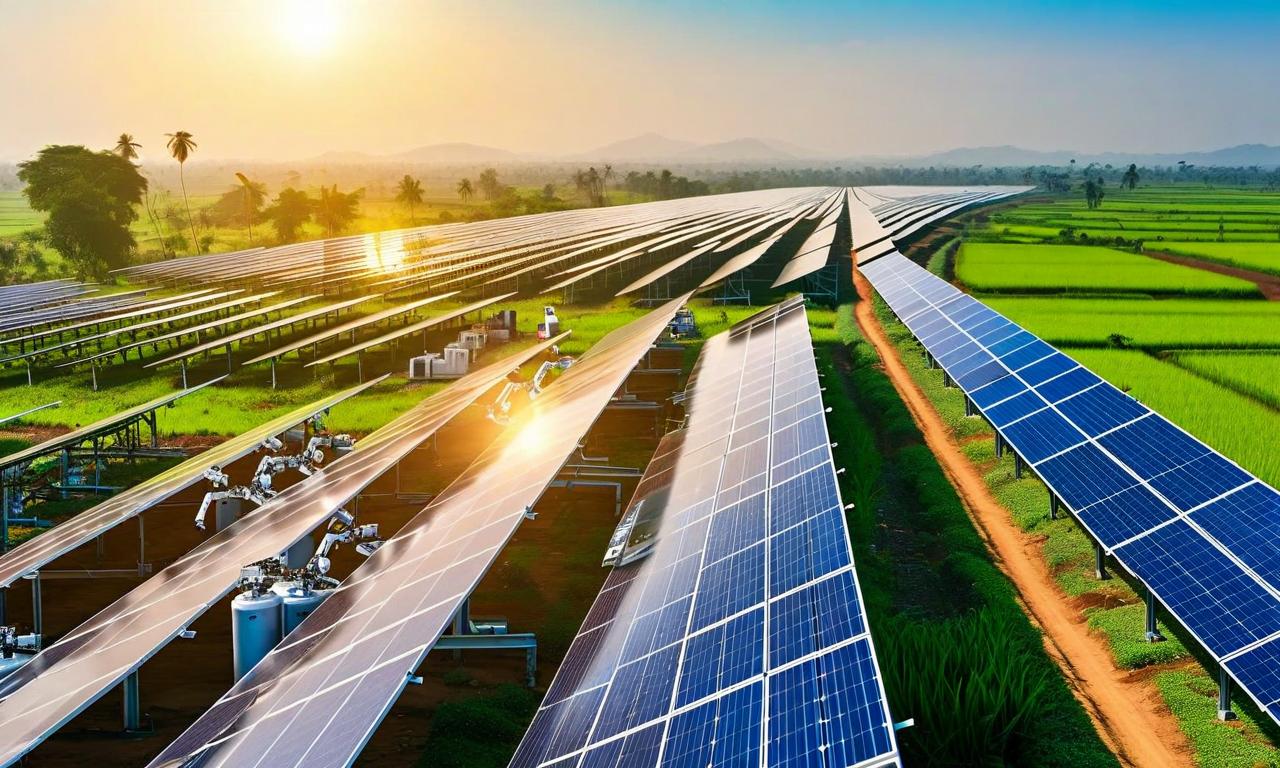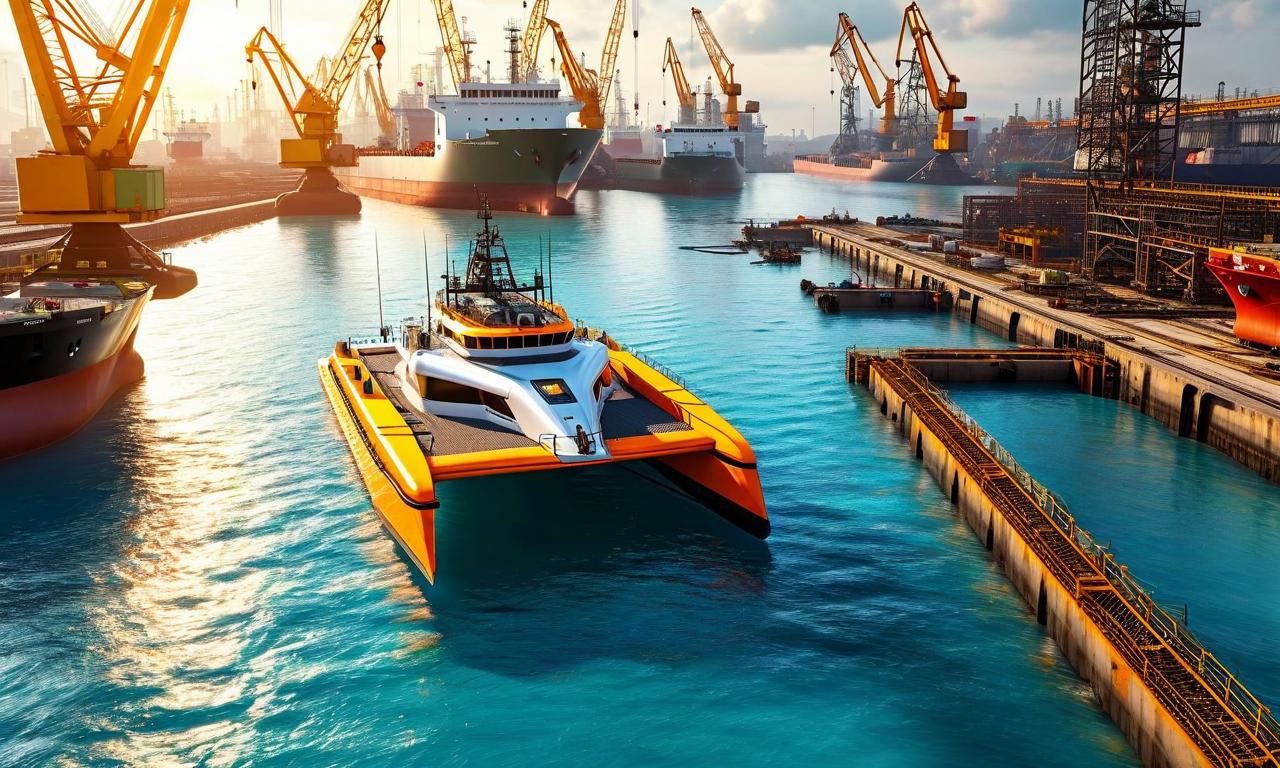India-EU Free Trade Agreement Talks Enter Final Phase
Negotiations for a Free Trade Agreement (FTA) between India and the European Union have reached a critical stage, with reports indicating all major issues have been resolved. The talks have entered their final phase, aiming for completion by December 2025. Both parties are pursuing a comprehensive trade deal while considering early harvest options. The 13th round of negotiations in New Delhi focused on protecting sensitive sectors, with India emphasizing the prioritization of farmers' interests. The agreement, once finalized, could significantly boost trade relations between India and the EU.

*this image is generated using AI for illustrative purposes only.
Negotiations for a Free Trade Agreement (FTA) between India and the European Union have reached a critical juncture, with reports indicating that all major issues have been resolved. This development marks a significant step forward in the pursuit of a comprehensive trade deal between the two economic powerhouses.
Key Developments
- The FTA talks have entered their final phase, suggesting substantial progress in the negotiations.
- All major issues have reportedly been resolved, paving the way for potential conclusion.
- Both India and the EU are pursuing a comprehensive trade deal while keeping early harvest options on the table.
- The 13th round of negotiations took place in New Delhi on September 8, focusing on protecting sensitive sectors.
Timeline and Priorities
The ambitious target for completing the trade deal has been set for December 2025, giving negotiators a clear timeline to work towards. However, the possibility of additional negotiation rounds remains open, indicating that both parties are committed to ironing out any remaining details.
India's Stance
India has made it clear that the trade discussions will prioritize farmers' interests. This emphasis underscores the importance of agriculture in India's economy and the government's commitment to protecting this vital sector in any trade agreement.
Sensitive Sectors
The recent round of negotiations in New Delhi specifically addressed the protection of sensitive sectors. This focus suggests that both India and the EU are working to strike a balance between opening up trade and safeguarding industries that may be vulnerable to increased competition.
Looking Ahead
As the negotiations progress, both sides appear to be maintaining flexibility in their approach. The consideration of early harvest options alongside the pursuit of a comprehensive deal indicates a pragmatic stance that could facilitate quicker implementation of agreed-upon terms in certain areas.
The India-EU FTA, once finalized, has the potential to significantly boost trade relations between the two entities. It could open up new markets for businesses on both sides and potentially lead to increased investment flows. However, the careful attention to sensitive sectors and farmers' interests highlights the complex balancing act required in international trade negotiations.
As the December 2025 target date approaches, stakeholders on both sides will be closely monitoring the progress of these talks, which could reshape the economic landscape between India and the European Union.
























